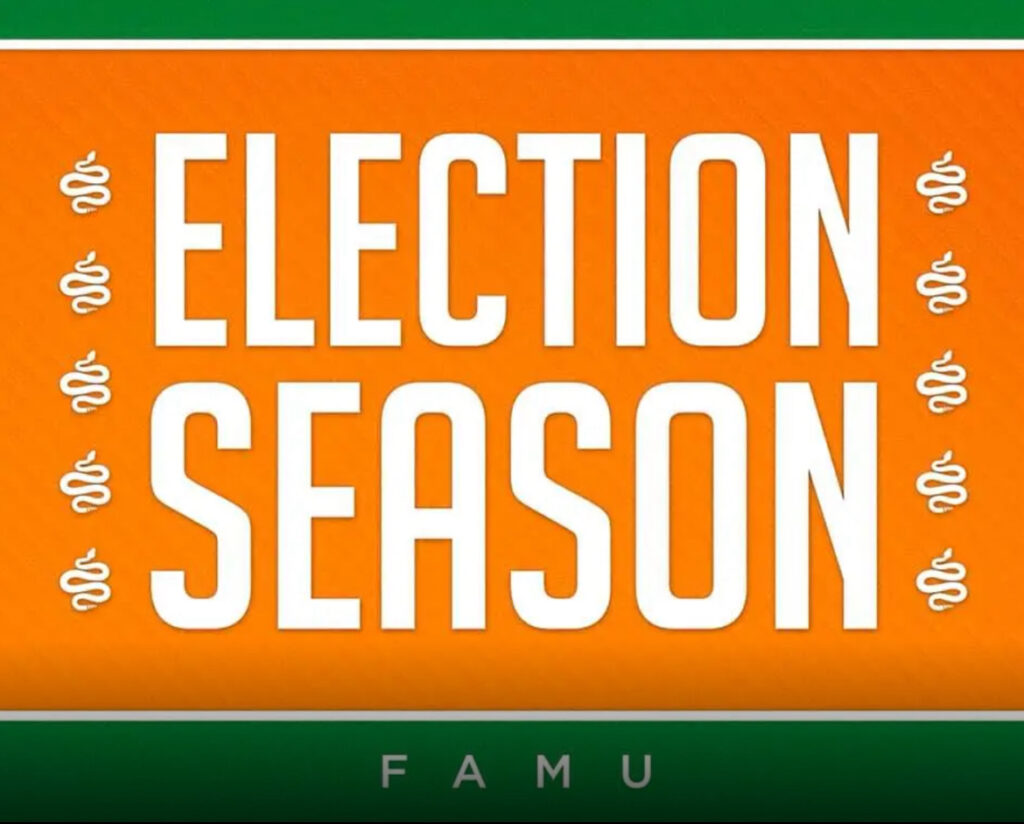
Though there will soon be much excitement on Florida Agricultural & Mechanical University’s (FAMU) campus as election season approaches, it is essential to acknowledge the silent majority; those students who decide not to run. FAMU Election season is a time for scholars campaigning to show what they can do for the campus and for the student body to come together, spectate and vote.
With the election season approaching, many future candidates are already preparing and making their presence known. Campaign season is a way for those running to show off their leadership skills, civic responsibility and a sense of community engagement.
During this time, it is important to consider the students who choose not to run, despite their reasonings.
Dylan Jace Leferink, a third-year criminal justice student, expresses his thoughts on students who may feel that election season is overbearing.
“I believe campaign-related discussions and events impact students who do not wish to participate,” Leferink said. “In some cases, students not interested in election season may be overwhelmed and feel uncomfortable by people they do not know asking them to support their campaign.”
Election season can be seen as overwhelming for both the candidates and the students not participating. Students interact with scholars they may have never seen or spoken to before during this time. Some view this as a great way to get to know the individuals running, while others see their interactions as ingenuine.
Many candidates rely on social media platforms as a way to reach out to students and strengthen their campaigns.
For the general student body, receiving direct messages from numerous candidates can quickly become an annoyance, causing some students to take ‘FAMU’ out of their bios.
Shaniya Berry, a graduating senior explains how social media is both helpful and harmful during election season.
“It is really helpful when candidates use social media platforms during their race because I am able to know when they are hosting events and understand them as a candidate,” Berry said. “The biggest frustration I face is having constant messages in my inbox asking me to vote for them or join a group me.”
Some students believe campaign season is more about popularity than the candidates’ platform points.
Emajé Marcus, a first-year MBA candidate, expresses his thoughts on the social aspect of elections.
“In my experience, the platforms or policies that the runners put out are not the main focus,” Marcus said. “It is ultimately about each candidate’s popularity.”
With election season just around the corner, it is helpful to consider the overwhelming emotions that are felt by both the candidates and the general student body.